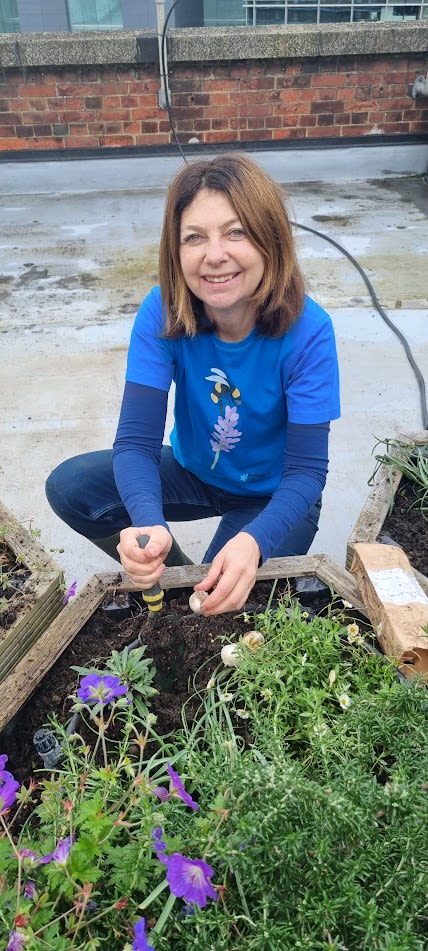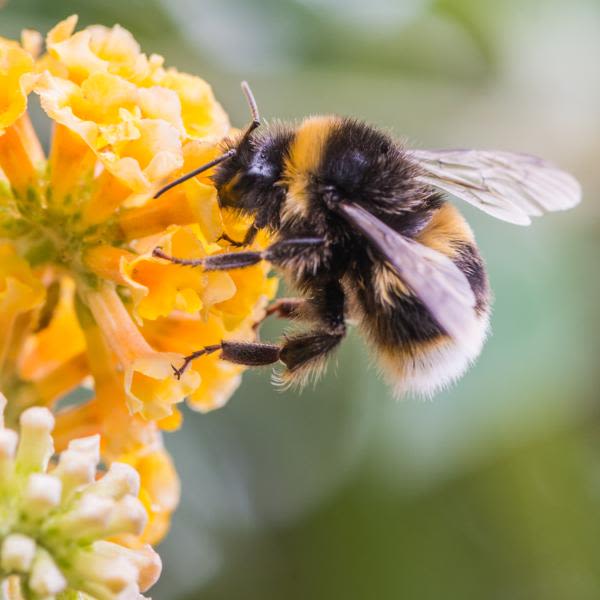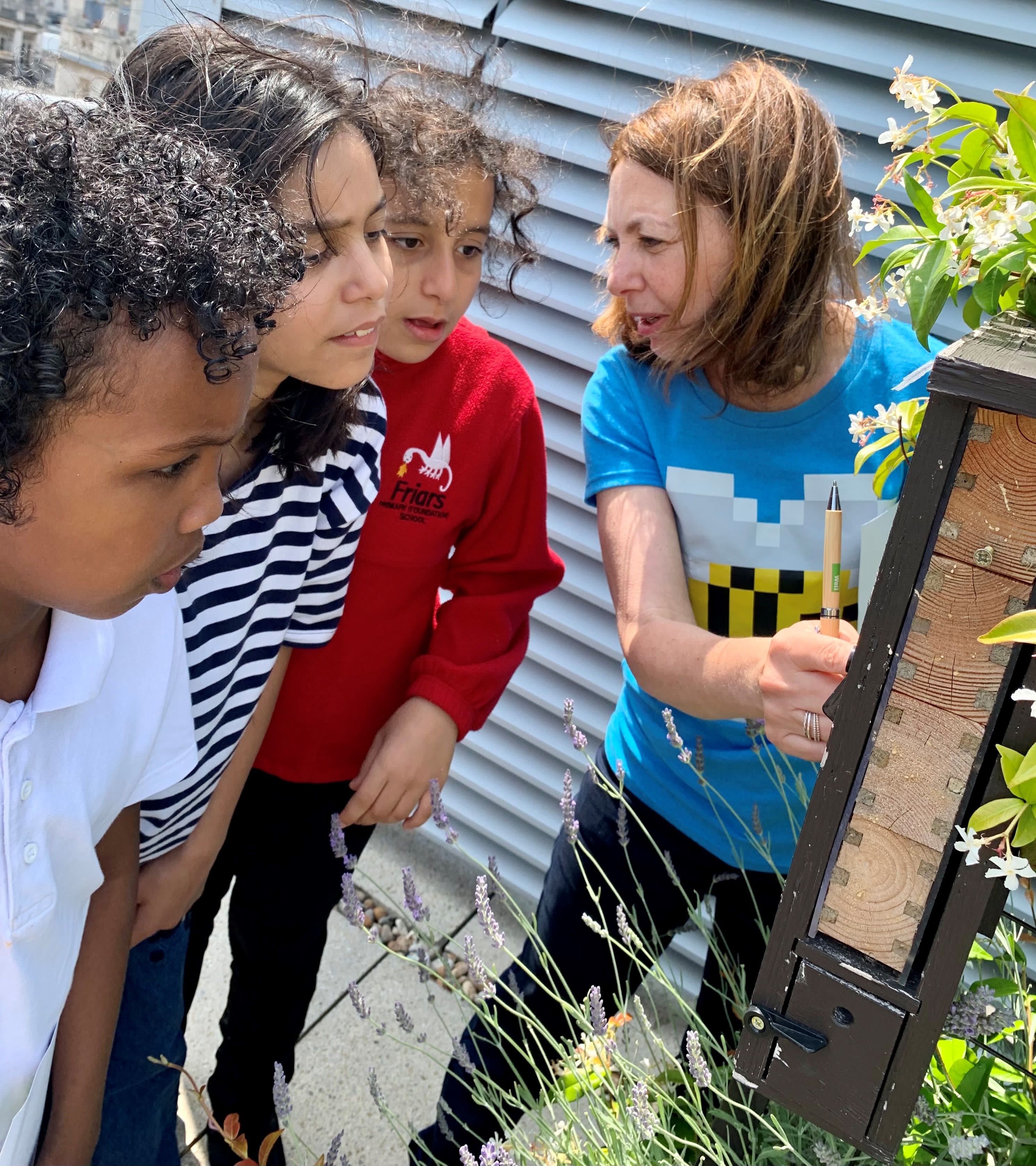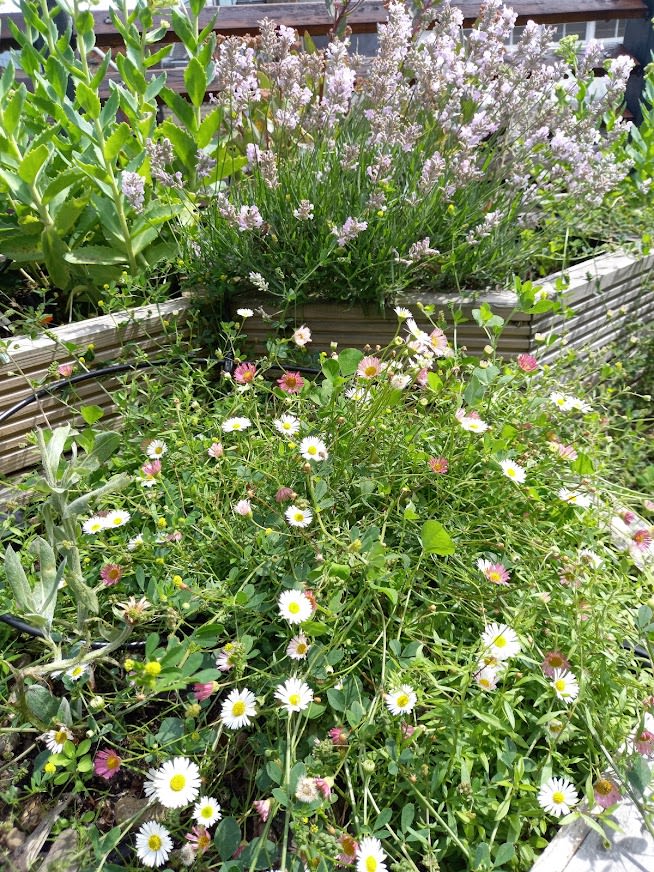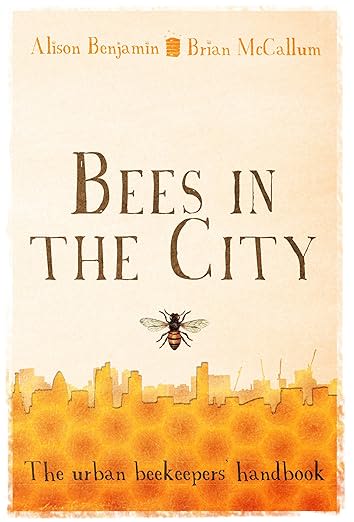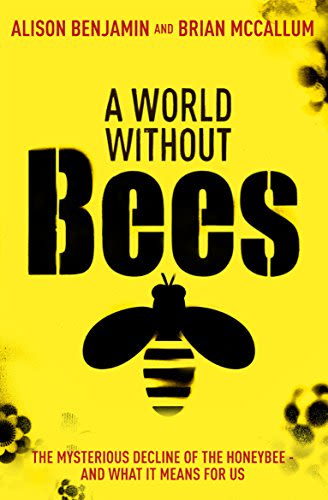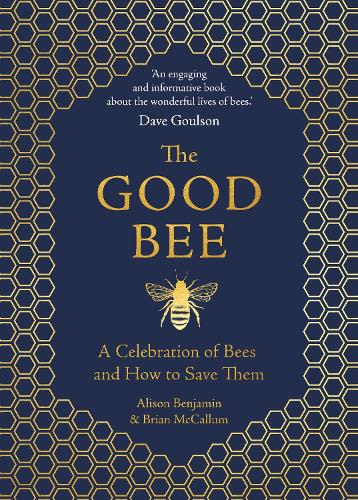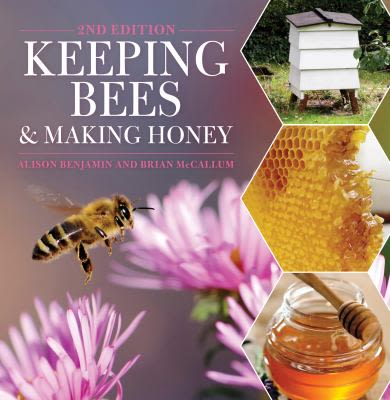Buzzing through London: How Alison Benjamin is transforming London into a bee-friendly city
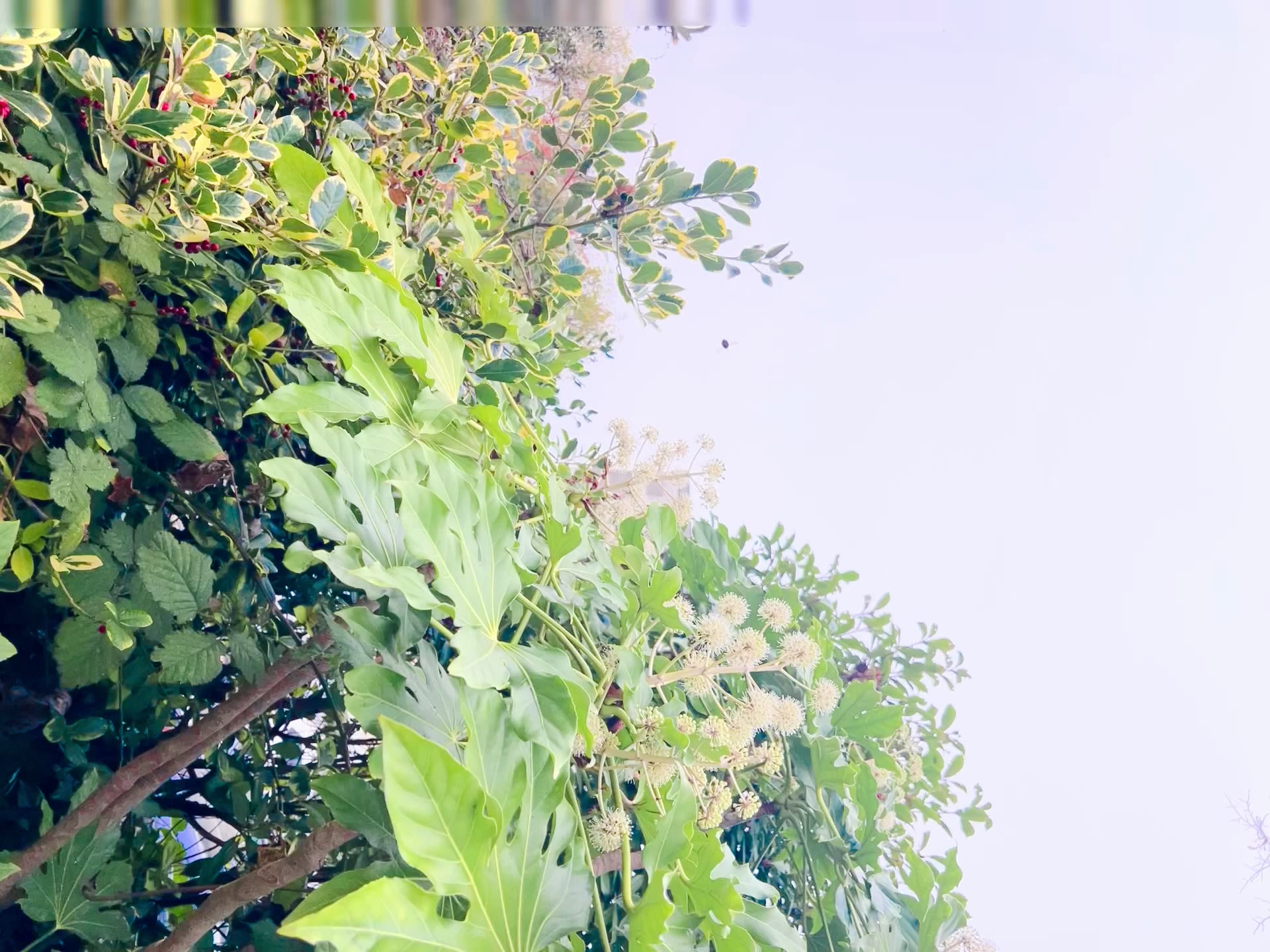
"The ecosystem is like a game of Jenga. If you pull out the wrong block—like failing to help the bees—the whole system can come crashing down," says Alison Benjamin, who has traded the newsroom for an apiary. Together with her husband Brian McCallum, the former Guardian journalist co-founded Urban Bees, a London-based company working to transform the city into a haven for pollinators.
Photograph courtesy of Alison Benjamin
Photograph courtesy of Alison Benjamin
This shift from journalism to conservation might seem unexpected, but Alison has always been driven by a desire to create meaningful change.
Passionate about social affairs and trying to change the world through her words, Alison began her career in local journalism and social issue charities after graduating from the University of Sussex. Eventually, she moved on to the society section at The Guardian, becoming the first female deputy editor of the section.
After two decades spent in journalism, Alison embarked on a new venture. “When I decided to transition from being a journalist to working with bees, it was about trying to do something more concrete. Like getting my hands dirty,” she says.
The shift came during the COVID-19 lockdown when Alison spent a year working at home and longed to do something different whilst being surrounded by nature. “It was kind of a no-brainer for me,” Alison recalls about her decision to leave her role at The Guardian and enter the world of urban beekeeping. “My dream had always been to work for The Guardian. So, I’d achieved my dream, and it was time to do something different.”
Many of her colleagues were surprised about her transition, often asking why she was now getting involved with bees. But for Alison, beekeeping was a welcome escape from chasing stories and an opportunity to slow down, observe, and connect with the natural world. “As a journalist, you have to listen to people. And with bees, you have to listen to them, watch them, and understand what they’re doing. They’re both about observation,” she reflects.
"The ecosystem is like a game of Jenga. If you pull out the wrong block-- like failing to help the bees -- the whole system can come crashing down."
Her interest was unexpectedly sparked by a simple curiosity about the tiny creatures buzzing around her small, overgrown garden. “Yeah, I knew nothing about bees,” Alison admits about the early days with the pollinators. She often spotted the fluffy, yellow-and-black bumblebees outside, though at the time she didn’t know what kind they were. When she read an article about the endangerment of bees, something clicked and she thought: “Okay, maybe I can try to help.”
A one-day beekeeping course she took with her then-boyfriend, now husband Brian McCallum, was all it took to make Alison completely fascinated with the species.
Photo courtesy of Heart of England Forest.
Photo courtesy of Heart of England Forest.
"As a journalist, you have to listen to people. And with bees, you have to listen to them, watch them, and understand what they’re doing. They’re both about observation."
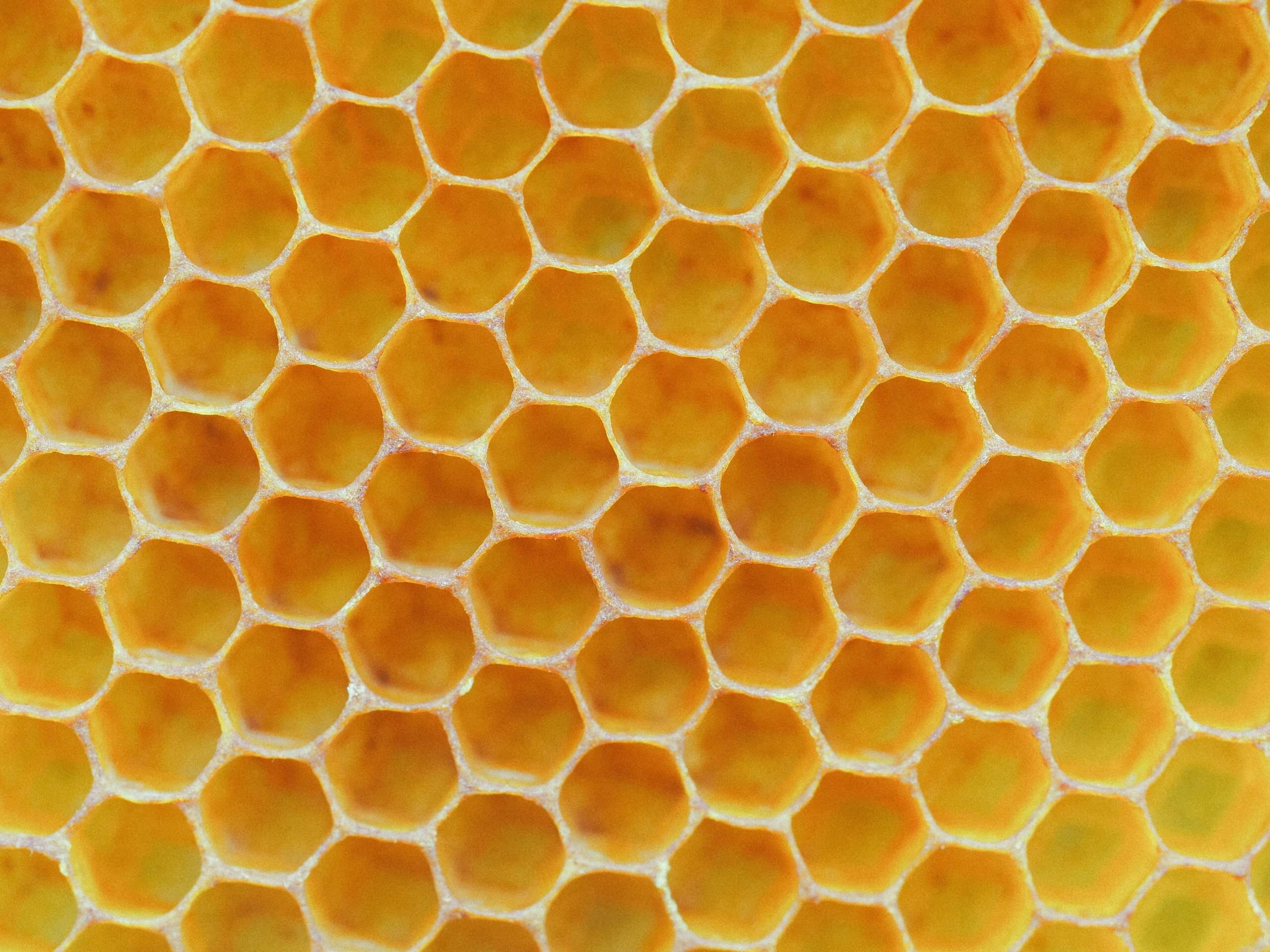
Her interest was piqued by the relationship between the bees, flowers, and trees: “Seeing which flowers they were going to, what they were doing at the flowers, which ones they were collecting pollen from, and the different colours of the pollen on their legs.” While she became captivated by these interactions, her husband became more focused on the intricacies of the colonies.
Born out of their shared passion for helping the winged insects, Alison and Brian created Urban Bees to make beekeeping more accessible to a younger, urban crowd. "Most courses were on a Friday night when we wanted to be out at the pub. We were in our forties, we weren't young, but we were younger than a lot of the beekeepers," she says. It was a collective decision for them to start Urban Bees and share their passion with other Londoners.
Photograph courtesy of Alison Benjamin
Photograph courtesy of Alison Benjamin
Photograph courtesy of Alison Benjamin
Photograph courtesy of Alison Benjamin
"I probably changed the world more when I became interested in bees than when I was working as a journalist."
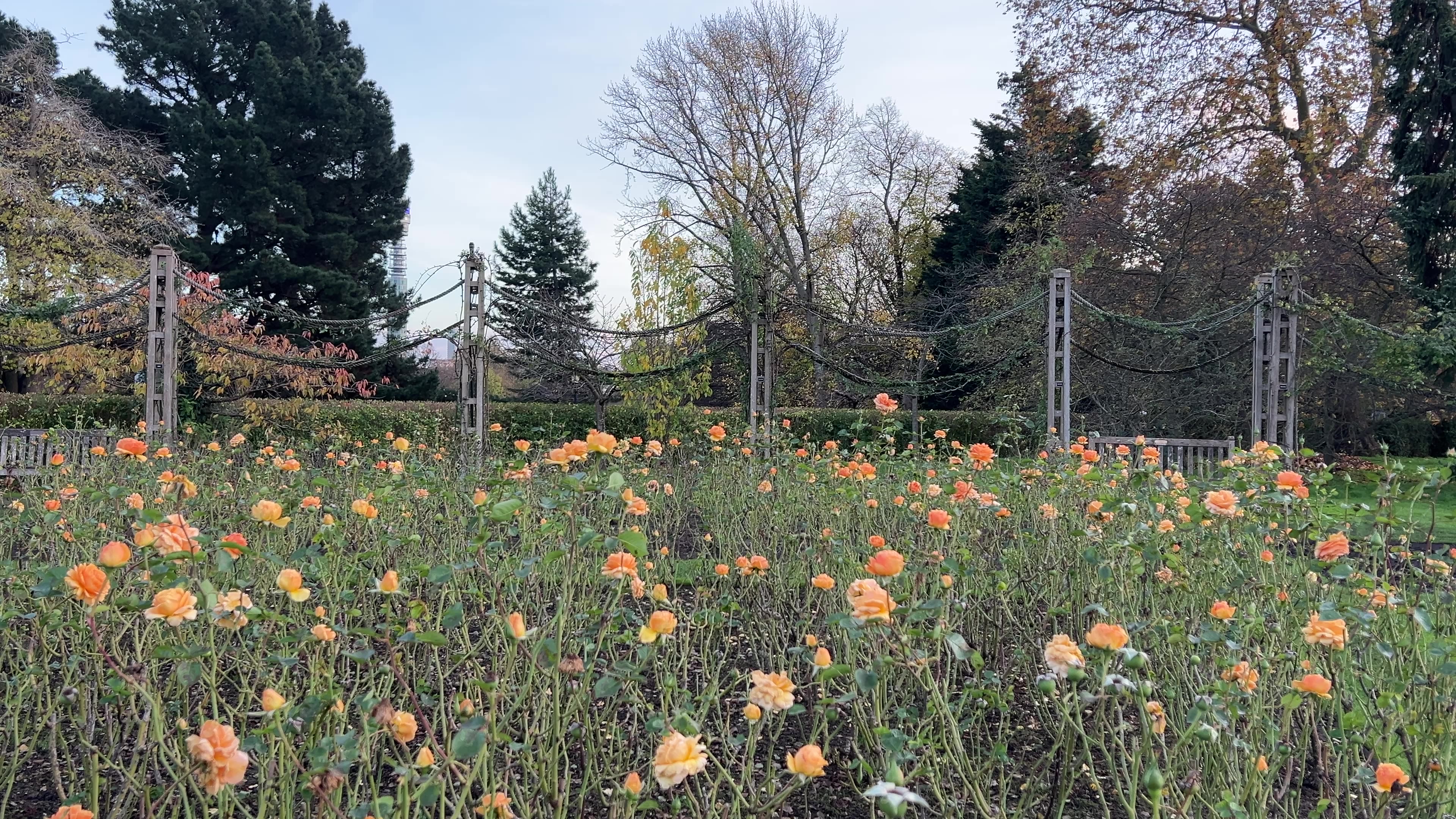
When people think of a bee, one of the first things that comes to mind is an insect that stings. At Urban Bees, they work to break the misconception that all bees sting. In fact, most bees don’t. “We’ve got over 270 bee species in the United Kingdom, and over 200 of those will never sting you. Unless you’re very unlucky and end up standing or sitting on one,” Alison says.
The mission for Urban Bees was always to educate people about the importance and wonders of bees and how we're all kind of connected to nature," Alison explains. Today, their work spans across London: they produce honey from their apiary in Regent's Park, maintain bee-friendly planters for businesses, and share their expertise through books, newsletters, talks, and consultancy work focused on supporting wild bees. Brian leads 'meet the bees' sessions for corporate clients and created the innovative 'hive talking' bee map, which connects aspiring beekeepers with potential hive hosts. Meanwhile, Alison focuses on transforming urban spaces, working with corporations to create bee-friendly environments across the city.
Making London a more bee-friendly city, she says, comes down to ‘one planter at a time’—containers filled with carefully selected plants and flowers that support wild bees, providing essential habitat and nourishment for these vital pollinators. Working with companies to help re-wild the city with bee-friendly planters on their rooftops and terraces is one of her main responsibilities at Urban Bees.
She transforms plain building spaces into colourful, buzzing areas that support biodiversity. Whether she’s visiting the planters to monitor the bees and trim back plants or researching and purchasing materials, she manages each planter from start to finish. “If you plant the right flowers, you still get wild bees coming up to the 11th floor of these rooftops,” Alison explains.
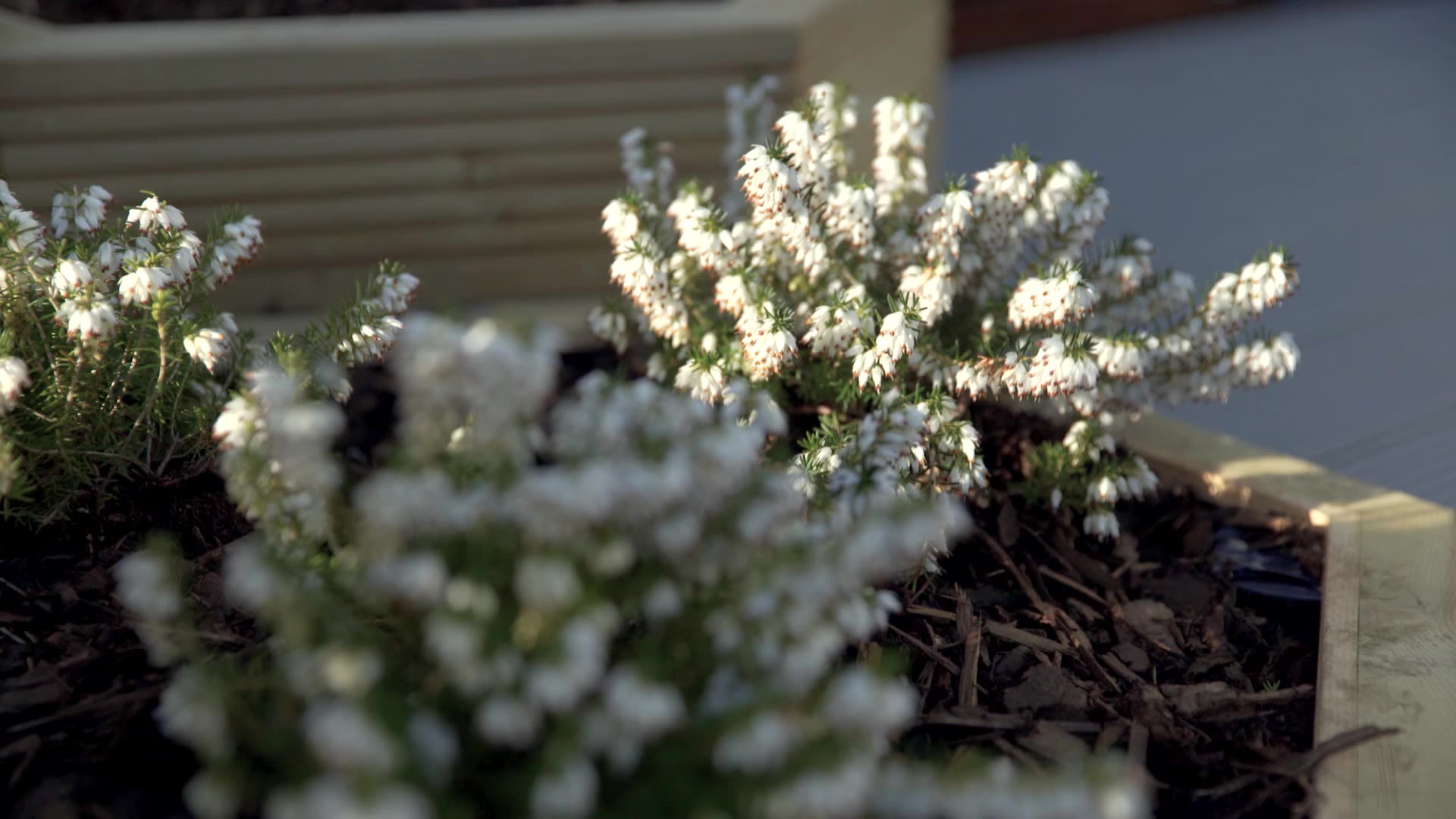
While she continues to maintain a connection to journalism as a part-time commissioning editor on the comment desk at The Guardian, Alison's true focus lies in growing Urban Bees and transforming London into a haven for pollinators. "It's quite ironic," she reflects, "because I probably changed the world more when I became interested in bees than when I was working as a journalist."
In a city of 9 million people, every small action counts. Whether you plant bee-friendly plants in a window box or community garden, create a DIY bee hotel, or join your local beekeeping association, each effort contributes to a greater vision. As London blooms into a more bee-friendly metropolis, it's clear that sometimes the biggest impact comes from the smallest of creatures.
